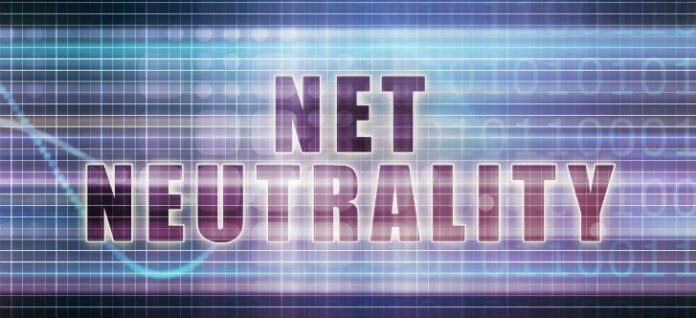The Federal Communications Commission (FCC) recently closed its formal comment period in its effort to reverse Title II utility-style regulation of the internet and restore broadband to its traditional status as an information service – the same status that it enjoyed for nearly 20 years and under which the internet grew and flourished. The process has been frantic and at times contentious. When the filing window closed, the docket contained 22,147,687 comments.
But when are 20 million comments not really 20 million comments? When they are form letters, many apparently generated from “temporary” and “disposable” domains.
Something seemed very much not right with this process, and so the group Broadband for America asked Emprata, a neutral data research firm, to perform an analysis of the comments that the FCC received as of August 22. They conducted their study “in an independent fashion, forming [their] own conclusions using the publicly available data.” Emprata’s findings are sobering:
- 20.33 million “comments” appear to be form letters.
- There were 9.93 million duplicative comments. Removing these, commenters favor repeal of Title II by 86% to 14%.
- In contrast, 99.4% of the 1.72 million unverifiable international commenters favor keeping Title II.
- 7.75 million comments appear to have been submitted via “temporary” and “disposable” domains associated with FakeMailGenerator.com. This is over a third of the docket – as Emprata points out, “the largest set of any comments.”
Bringing it all together, Emprata found that over 20,684,000 million comments “appear to be artificial, international filings, form letters, and duplicative submissions.” Broadband for America notes that one email domain, Einrot.com – the third highest domain among those who favor keeping Title II – boasts that “No legitimate email will ever be sent from einrot.com.”
All this matters for its own sake. Everyone, on all sides of the issue, wants a comment process based on integrity. The provenance of comments should also affect the FCC’s eventual conclusions. Administrative law is not a popularity contest; it’s not “Dancing with the FCC.” But as Emprata observed, “General sentiment changes to for repeal of Title II when eliminating duplicative comments and comments from email domains that appear to be artificial” – 69.9% vs. 29.5%. So much for the argument that millions more people wanted to keep Title II and so told the FCC. Everyone has the right to comment during the comment process, but “FakeMailGenerator” should not fake out policy makers any more than fake news should influence voters.
Instead, Congress designed the Administrative Procedure Act to ensure a fair process. The FCC is an expert agency charged with enforcement of certain statutes and their implementation. The regulatory process here is about determining what the best telecommunications policy should be. Happily, the Emprata study was itself submitted as a comment to the FCC in the Restoring Internet Freedom proceeding, so the FCC will be able to take formal notice of it as it continues its deliberations towards issuing a final rule.
The debate over an open internet is controversial enough already, which is disappointing, since politics should stop at the network’s edge. But can we at least agree that only humans should comment? Can we get the bots, fakes and duplicates out, and focus on what’s really at stake here: whether the broadband internet should be regulated as a utility under Ma Bell-style rules from the 1930s, or whether the country will do everything it can to advance investment and innovation in the broadband internet, for the benefit of all Americans?
And, with no disrespect to the FCC, even if all of these comments came from real Americans, an unelected regulatory body with ephemeral partisan majorities is not the place to establish 21stcentury rules of the digital highway. It is up to Congress to enact proper, iron-clad open internet principles, quickly, so this debate and its regulatory uncertainty for investors can finally end. Even in an age of great technological progress, some things should be left to humans. Making regulations and legislation is one of them.

